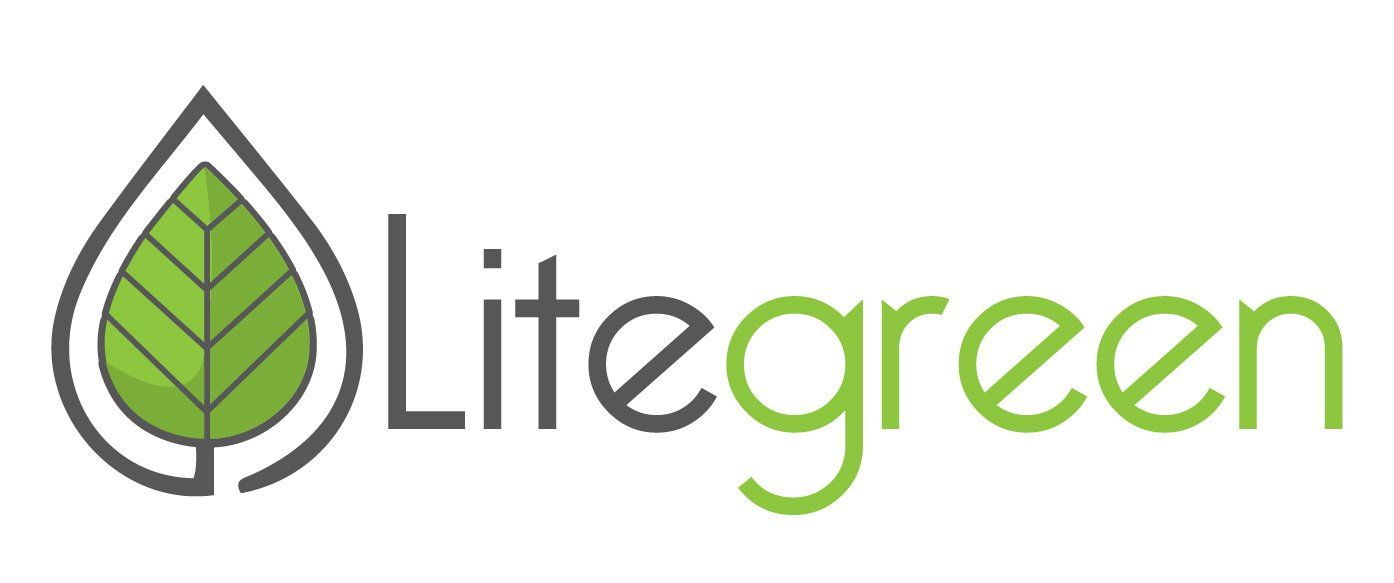Domestic Energy Performance Certificates (EPC).
Starting April 2020, owners or landlords of domestic properties to be sold or rented must provide a new buyer or tenant with a domestic Energy Performance Certificate (EPC) as required by law. Additionally, landlords cannot let or continue to let properties covered by the Minimum Energy Efficiency Standard (MEES) Regulations with an EPC rating below E.
Call us to discuss
Energy Experts
All of our staff are Trustmarked & trained domestic energy professionals who care about every property.
Same Day Certificates
We use cutting edge technologies and tools to make sure you get accurate results, quickly.
Qualified Retrofit Assessors
Our DEA's are also Retrofit assessors, government endorsed for quality and experts in their fields to give you industry leading advice.
Renting or Buying?
We provide an extensive range of energy services, including support searching for funding for your property.
REQUEST YOUR APPOINTMENT
To cut down on your waiting time, simply request your appointment online & we'll get back to you.
What is a Domestic EPC?
If you want to know how energy-efficient your home is, you can get an Energy Performance Certificate (EPC) report. It examines your insulation and estimates your energy bills, but also suggests ways to save money! Your EPC will be available online after an energy survey, showing an energy efficiency rating (graded A-G), estimated running costs, and a summary of energy performance features. You can use this information to prioritise which areas to improve first to make your home more energy-efficient.
Why do I need a Domestic EPC?
An energy performance certificate (EPC) is an excellent tool whether you're buying, selling, or renting a property. As of April 2020, it's required by law for owners or landlords of domestic properties to provide a new buyer or tenant with a domestic EPC. However, there are some exemptions, including rented rooms within a house (unless it's a self-contained flat with its own entrance and facilities), some historic or listed buildings, and properties that cannot be modified further to improve energy efficiency.
How does an EPC improve your energy efficiency rating?
When you get an EPC, it will suggest ways to improve your energy efficiency rating and give an estimate of the costs involved. Following these recommendations and making future improvements can help you, your buyer, or your tenants save on bills and reduce the environmental impact of the property.
Common recommendations include adding insulation to your floors, roof, loft, or walls to reduce the need for heating and lower your energy bill. Double-glazing windows can also help keep in more heat and lower the need for heating. Solar panels produce cheaper, greener energy and low-energy lighting is an easy way to lower energy bills.
Your EPC will also estimate the potential cost of these improvements, the typical savings over three years, the estimated costs of heating, lighting, and hot water after improvements, total potential savings, and the energy performance rating you could receive after making improvements to your home.
Where can I check if I have an up-to-date EPC?
The EPC register is the government's online database of every EPC in the UK. You can use the EPC register in several ways.
Looking up an EPC Using the register's EPC retrieval page,
you can search for a property's energy performance certificate by postcode.
This is useful for looking up your own certificate, or for finding the certificate of a property you are considering moving into.
Send us a message
Need to book an EPC? Have a question? We’re here to help. Send us a message and we’ll be in touch.
Energy at Home.
What measures are right for me?
We've put together an easy to digest guide discussing the pros and cons of each of the most common energy efficiency technologies, making it easier for you to decide what is right for your home.










